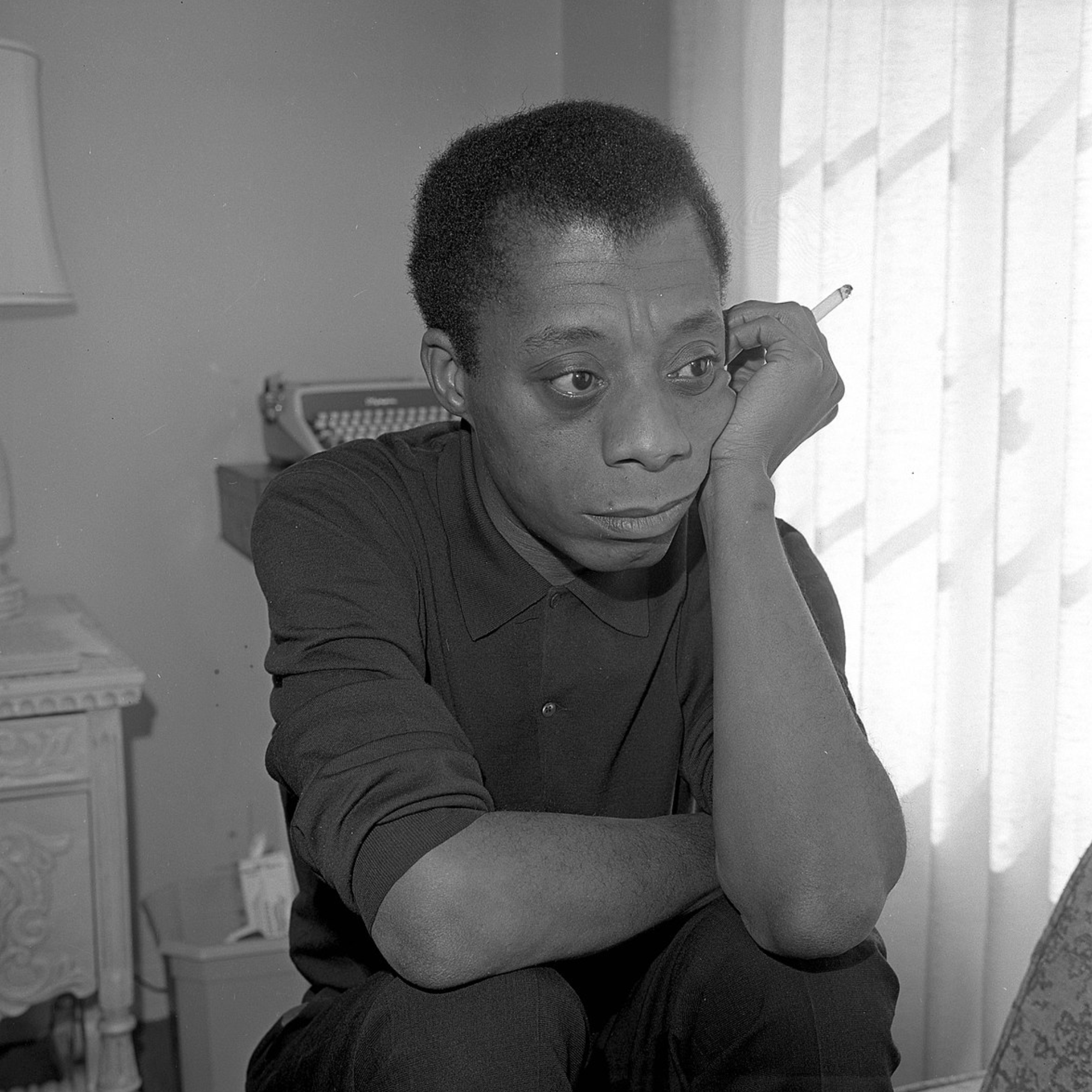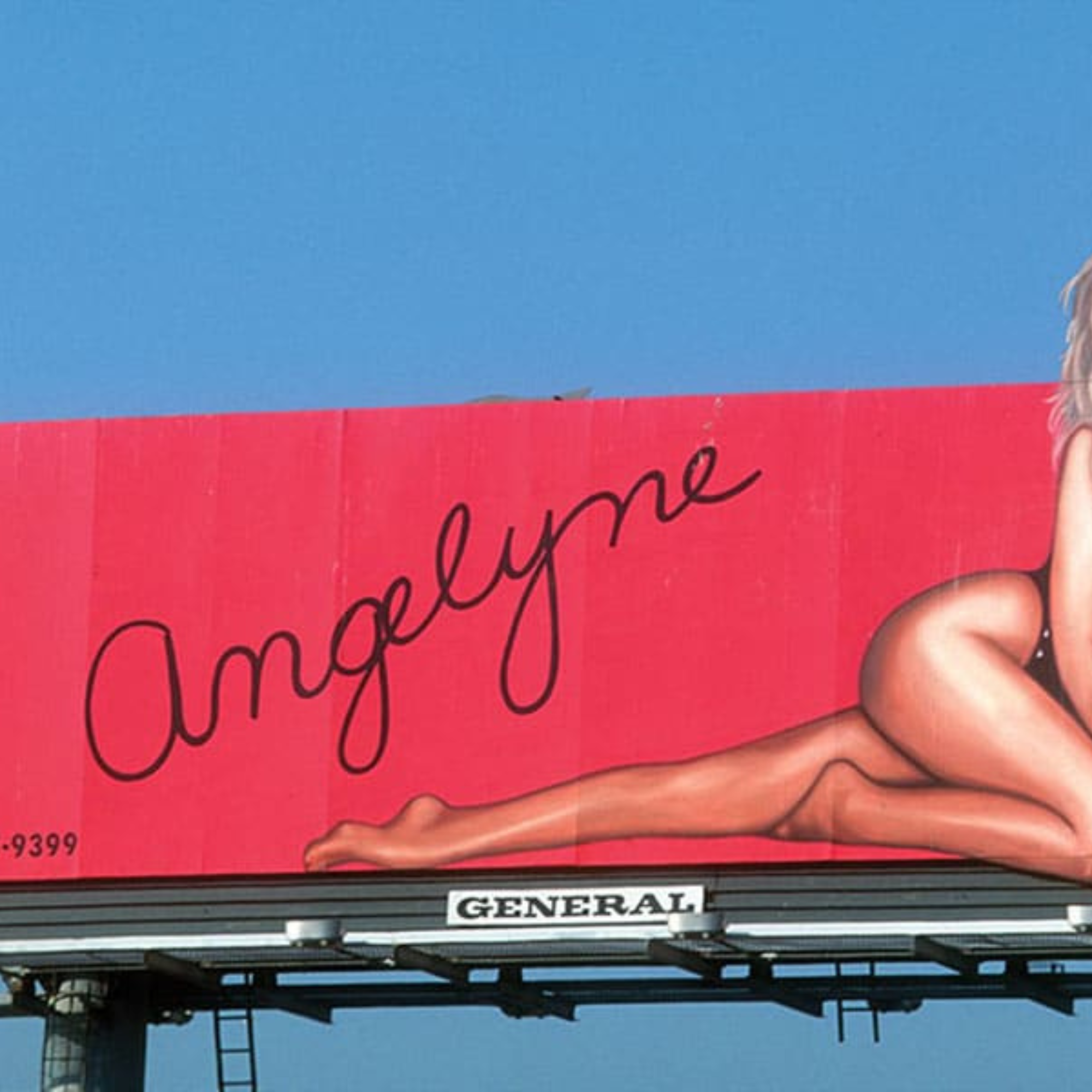- Studio Dirt
- Posts
- Didion & Babitz
Didion & Babitz
Moonwalking into the future.

Taeler Kallmerten in conversation with Lili Anolik.
Reading Didion & Babitz feels like entering a glamorous party with a hundred faces you’ve heard of but never met. Lili Anolik, our gracious host and author, holds our hand as she drops us in and out of conversations, passing us around like a baton. When the conversation starts to lull, she interrupts and jumps timelines. It's decadent, it's dizzying, but she’s leading us towards her guests of honor and her raison d’être—Joan Didion and Eve Babitz. Night and Day. Yin and Yang, only fully formed when standing beside one another.
It amazes me that Anolik spent years tracking down Eve Babitz, sending her letters—even hand-delivering one to her home—and after finding her, spent even more years developing a relationship. After all, it takes one email for me to get in touch with Lili. Don’t get me wrong, I’m grateful for efficiency, but I can’t help but think I’m missing out on the chase. And perhaps it’s the inescapable romance of the past that sustained Lili on this decade-long spiral into Eve’s life and work and her coexistence with Joan Didion.
Anolik published Hollywood’s Eve in 2019, went on to host two documentary-style podcasts and was working on a new book when she was made aware of a sealed box of unsent letters hidden in the back of a closet in Eve Babitz’s West Hollywood apartment. The contents of that box became Didion & Babitz, out from Scribner this week.

Taeler Kallmerten: I think that it's such a brilliant way to start the book with the emotions provoked by the discovery of the letters. Could you expand on that moment? What did that feel like?
Lili Anolik: My stomach dropped. I remember when Mirandi [Babitz] told me about the existence of these boxes, and I just knew. I knew what it meant. I knew it meant I was going to have to go back. And I'm so compulsive. It's not just a job, you know? So when I fall into one of these things, it's going to just take me over. It's going to hijack my whole life. And I'd already done Eve. I felt I had done as right by her as I could. And so the idea of having to redo all my work—that's what it felt like initially.
Then, the very first thing I happened to pull out is that letter Eve wrote Joan Didion. And it was so thrilling. It immediately changed my understanding of who Eve was and what her relationship with Joan was and even who Joan was. It was seismic. It was like an electric document. There was a temperature change when I touched it. But I knew what it meant. It was thrilling and it was upsetting.
It was seismic. It was like an electric document. There was a temperature change when I touched it.
I'm always going to be able to fall back in love. It's weirdly just not a problem. So it was like falling back into those rhythms and those feelings again.
TK: You learned to decode Eve slowly, in conversations through the years that made you fluent by the time you found these letters. It feels like divine timing. You were really the only one that could have read them and translated them.
LA: For sure. I was just in so fucking deep with her.
These projects really require ten years. It's ten years of your life. It's understanding things, but it's also developing lasting relationships with people. There are no shortcuts. People are letting you violate them in some sense, right? So there really has to be trust established because you're taking things from them.
TK: Do you feel the research demystifies their legend?
LA: I might be more inclined to myth-making. Meaning, they seem so big to me. In a sense, I feel like this is a how-to guide, like “How to Become Joan Didion.” I feel like I break it down, how she did it; it doesn't mean people can do it. She had all kinds of qualities that most people don't have. But there is kind of a nuts and bolts quality to her career, to watching her figure it out.
I think she was somebody who was a writer before she was anything else. I think her ambition was boundless, and I think she was an incredibly canny operator. And watching how she did it, how she pulled it off, I think I do decode that. I guess in a sense it's diminishing. It's showing the person behind the mythology, but her accomplishments are so outsized. It seems only enhancing to me.
I think she was somebody who was a writer before she was anything else. I think her ambition was boundless, and I think she was a really incredibly canny operator.
TK: When you were working on Hollywood’s Eve, you described the process of getting in touch with Babitz as “unhinged.” How would you describe yourself in the process of writing this book and the process of researching and going backwards?
LA: This is obsessive, but it's a detached thing too. I know I'm making something, and I'm very conscious that I'm making something. This is the project I worked by far the hardest on. I didn't want to write anything in a certain mood and not have gone over it 50 times. I made this as close to how I wanted to make it as I possibly could. I left everything on the…what's that expression? You leave everything on the floor? I don’t—I can't even think of some sports thing. I tried my absolute hardest.
This is the project I worked by far the hardest on. I didn't want to write anything in a certain mood and not have gone over it 50 times.
After ten to twelve years on the topic, there's a balance to how you're looking at things just because you've been at it for so long. You're not just on a hot streak or on a passionate streak about something. This is something you looked at from every angle. So I felt that I wrote it in a composed way. But these two were really major figures. I felt I was taking on Joan at some level, and so I wanted to be as careful as I could be. I don't mean careful meaning “timid,” I mean careful in the sense that I thought everything through as best I could.
TK: When you're going back and excavating the past, what does that do to your relationship with the present moment? Does it have any effect on you?
LA: That's a really good question. No, I don't know that it does, other than that you're really preoccupied with something that isn't your actual life, so you're absent from your life to some degree or other. But, you know, I also have two kids, and I'm plenty in the present.
>Lili pauses here for about 8 seconds. I get the sense she wants to have an answer even if she doesn’t know the answer right now.<
They [Joan and Eve] felt vital and present to me. Joan is everywhere. Since I started on Eve, she went from nowhere to kind of everywhere. They felt part of the present to me. Meaning, I know most of the book is set in Post-Manson LA from like ‘67 to like ‘82, but they [Joan and Eve] feel vital to now. People still talk about them all the time. People read them.
TK: Have you always been interested in the past more than other people?
LA: Yes. And it's a funny thing now because I'm working on something—I don't know if it's going to work, but it's on the novelist Paula Fox, who was born in 1923, but then on Courtney Love, who's her granddaughter [born in 1964], and I'm born in ‘78.
Live Through This comes out I believe in ‘94. So I'm in high school and [Love is] such a big figure. She and Kurt are so huge, but I never felt really part of my generation. I was always looking back, but actually, as I get older, I just realize more and more the context in which you're born and the time in which you're born completely shapes and forms you, even if you're looking in different directions.
I was always backwards. I was always looking back. That was just a way of moonwalking into the future, you know?
I was always backwards. I was always looking back. That was just a way of moonwalking into the future, you know?
TK: I think that is kind of human nature to, like, romanticize a decade you weren't a part of.
LA: Yeah, it is. And it's funny because when I was doing these interviews on Courtney Love, when she comes to Hollywood in the 80s, her friend was just saying she was always reading old movie queen bios. She was reading about Joan Crawford. 🚬

LARGER THAN LIFE
|
🌱 JOIN THE DIRTYVERSE
Join our Discord and talk Dirt-y with us. It’s free to join! Paid subscribers have access to all channels.
Follow @dirtyverse on Twitter and @dirt.fyi on Instagram for the latest news and Spotify for monthly curated playlists.
Shop for some in-demand Dirt merch. 🍄

